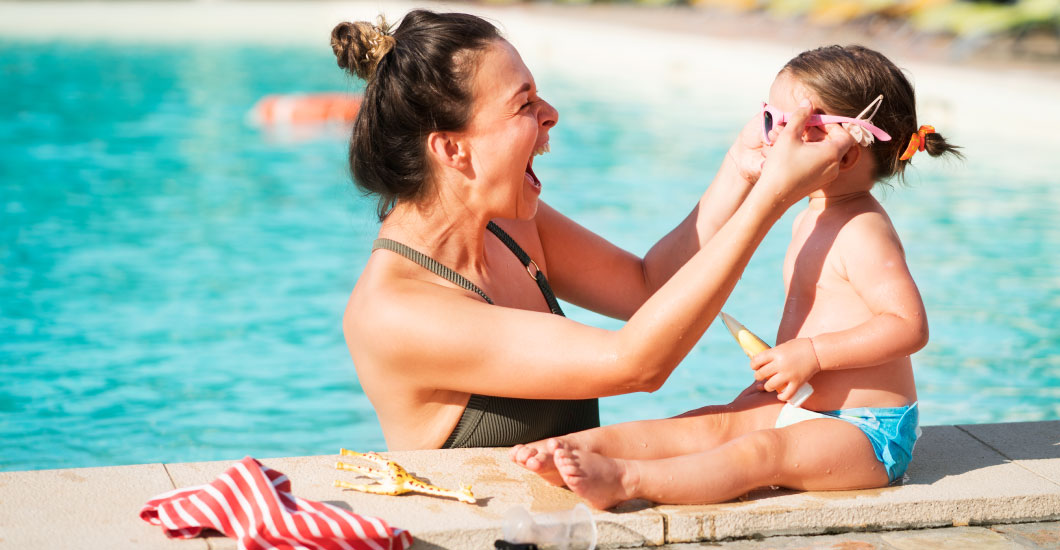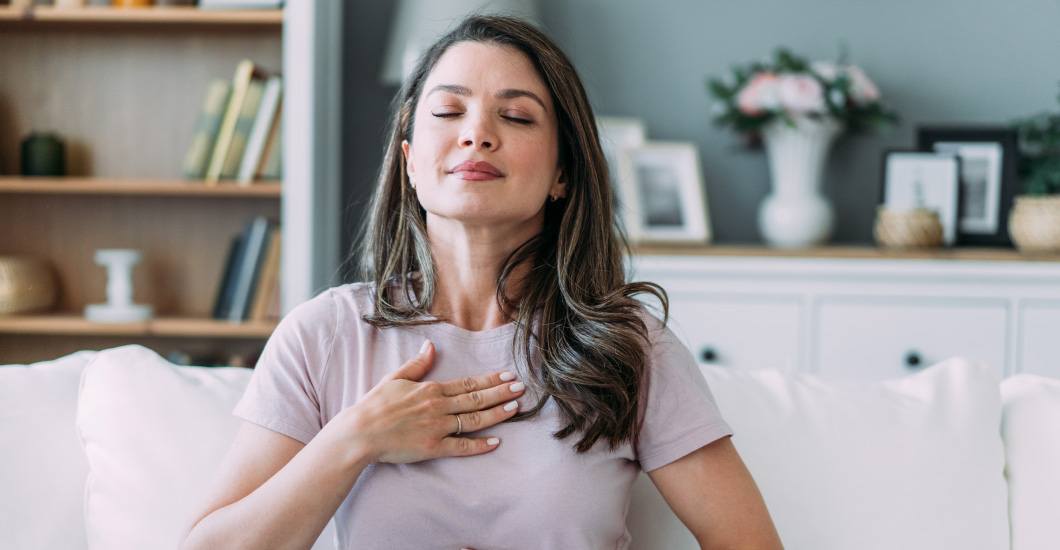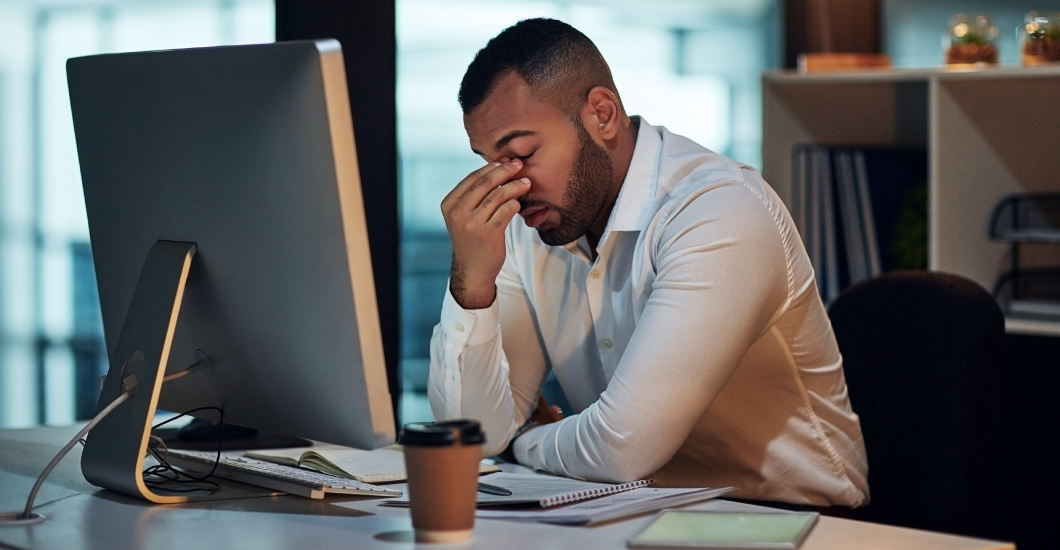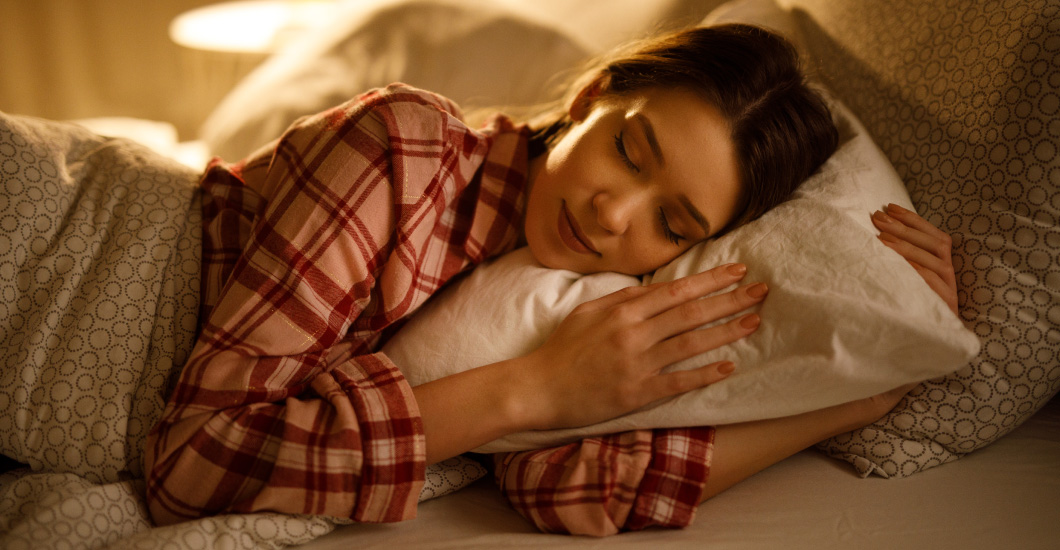How to protect yourself from the harmful effects of the sun in summer
Doctor's advice /

Every year, great summer weather and high temperatures invite us to spend our time in the park, beaches and pools with family and friends. However, we must remember that even though the sun and heat can be very pleasant, increasing our sunlight exposure can be harmful.
It is known that moderate exposure to sunlight is good for your health. In general, it revitalizes the skin, favors the formation of vitamin D in our body, and can help fight depression and stress. But, like many other things, excessive sunlight can affect your health. Therefore, it is important that you take the necessary precautions.
There are simple steps you can take to protect yourself from the two main harmful effects of excessive sunlight exposure.
1. Dehydration:
A very frequent problem in the summer season is dehydration. If this happens to you or your children often, it is advisable to avoid exposure to sunlight completely. Intense physical exercise under the sun can also cause dehydration.
If you're planning to spend time outdoors, make sure you:
- Protect your head with a hat or cap
- Cool off with frequent showers or water activities
- Drink plenty of water
- Eat foods rich in water such as fruits and salads
If you have symptoms such as weakness, extreme thirst, dizziness or headache, it is best to stay in a cool place, apply cold water compresses to your skin, and drink water.
2. Sunburn:
The central hours of the day is when the sun's rays can impact our skin the most. Avoid sunlight especially during that time. With children you should take extra precautions, such as covering up with clothes that offer UV protection, because their skin is more delicate and burns easily.
Avoid damage to your skin when you’re outdoors by applying a broad-spectrum sunscreen and lip balm (that blocks both UVA and UVB rays) before leaving the house and several times a day while in the sun. If you will be exposed to the sun for long hours, you can reduce your risk of sun damage by wearing protective clothing such as long pants and long-sleeved shirts, hats and sunglasses. Some clothing items are certified to offer UV protection. Do your research to get informed and know which ones you can use.
If after following these tips you could not avoid sunburns, the best thing to do is to drink lots of water, and use cold compresses or moisturizer with aloe on the affected areas to take some of the heat out of your skin. If blisters or more serious injuries have appeared, call us immediately.
This summer, enjoy the outdoors with your family, but remember, avoid exposing yourself to excessive UVA and UVB rays.
If you or your children get dehydrated or suffer severe sunburns despite taking precautions, we’re here to help. Find the Sanitas Urgent Care that’s closest to you here.


